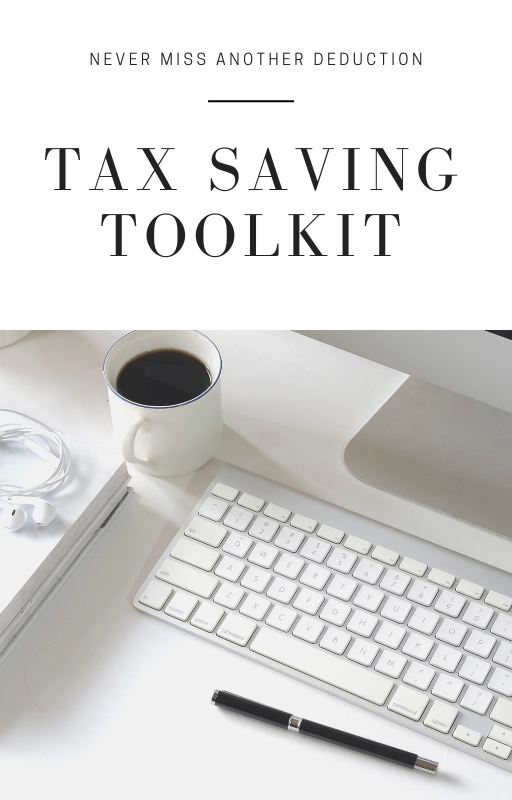As it pursues $30 billion in tax debt, the Australian Tax Office is reminding small businesses of an amnesty on penalties on unfiled income tax returns, fringe benefits tax returns, and business activity statements.
A tax amnesty will apply to tax obligations due between December 2019 and February 2022 and will expire in 2023. Small businesses must have an aggregated turnover of less than $10 million at the time of the original lodgement to qualify.
The ATO uses amnesties when it believes there are a significant number of non-compliant taxpayers, according to Tony Greco, general manager for technical policy at the Institute of Public Accountants.
It is the ATO’s recommendation that small businesses utilize the amnesty if they have fallen behind with their tax obligations.
According to the ATO, a small business is any sole trader, company, trust, or partnership with less than $10 million in annual revenue.
ATO temporarily stopped collection activities while dealing with the COVID-19 pandemic before resuming them during the recovery period.
Small businesses owned about $12 billion to the ATO during 2019-20. As a result, the ATO is now owed about $30 billion of debt; $1.6 billion of that is employee superannuation.
During lockdowns, bushfires, and floods, many small businesses fell behind in filing with the ATO, including sole traders.
The failure-to-lodge (FTL) penalties will not have to be remitted when businesses file under the amnesty. Late lodgement penalties will be automatically remitted by the ATO.
The amnesty excludes superannuation obligations, as well as other administrative penalties, such as TPRS penalties.
Businesses that have ceased trading should notify their registered tax professional or the ATO directly if they have failed to lodge.
If you have questions about the amnesty, please email these to [email protected] or Book a Meeting to discuss.




